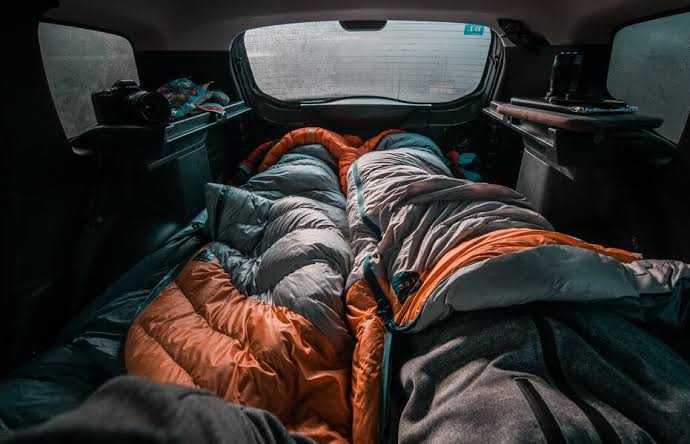The Nigerians in Diaspora Commission (NiDCOM) has criticized the United Kingdom’s government for inadequate planning, which led to some Nigerian workers being forced to sleep in cars after being recruited by the UK’s prison service.
This follows a report by The Telegraph, which highlighted the struggles faced by foreign nationals, including Nigerians, who arrived in the UK under the skilled worker visa program.
The program, designed to address staff shortages in UK prisons, attracted recruits from around the world, including Nigeria. However, many workers found themselves without accommodation upon arrival.
Some of the recruits were left with no choice but to sleep in their cars or even camp in forests.
Mark Fairhurst, President of the Prison Officers Association, shared troubling stories of workers arriving at prison gates with their families and luggage, believing housing would be provided as part of their employment package.
“We’ve had recruits sleeping in cars because they couldn’t find housing. One even camped in the woods across from the prison,” Fairhurst said. “It’s heartbreaking to see people travel thousands of miles only to face such hardship.”
Tom Wheatley, President of the Prison Governors Association, noted that the surge in applications, particularly from Nigeria, was largely driven by online communities and word-of-mouth referrals within expatriate networks.
In response to the situation, NiDCOM’s Director of Media, Public Relations, and Protocols, Abdur-Rahman Balogun, issued a statement urging Nigerians to plan carefully when seeking opportunities abroad.
“It’s crucial to ensure your travel arrangements are legitimate and complete before embarking on such journeys,” Balogun stated. “It is unreasonable to travel and end up sleeping on the streets or in your car. Proper planning is essential to avoid unnecessary hardship.”
Balogun also emphasized the importance of securing accommodation, transportation, and other essential services before leaving the country.
He warned of potential legal consequences, noting that in countries like the UK, sleeping on the streets could lead to legal violations.



